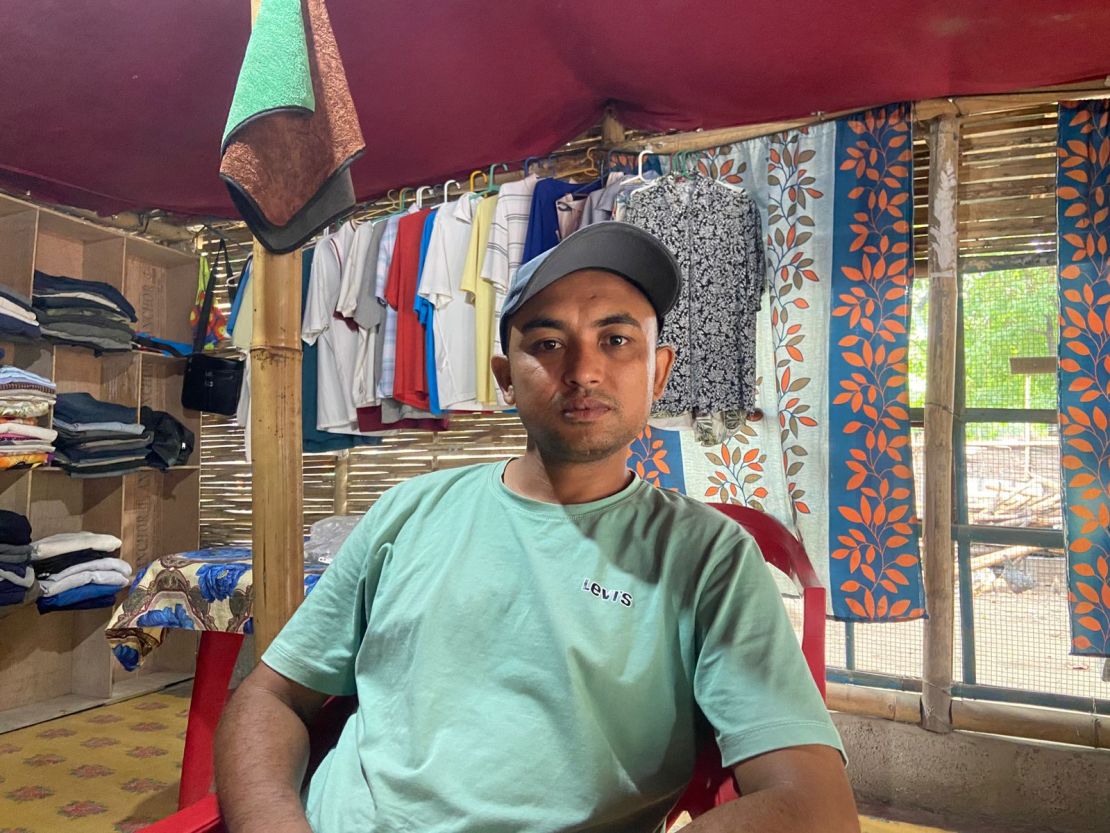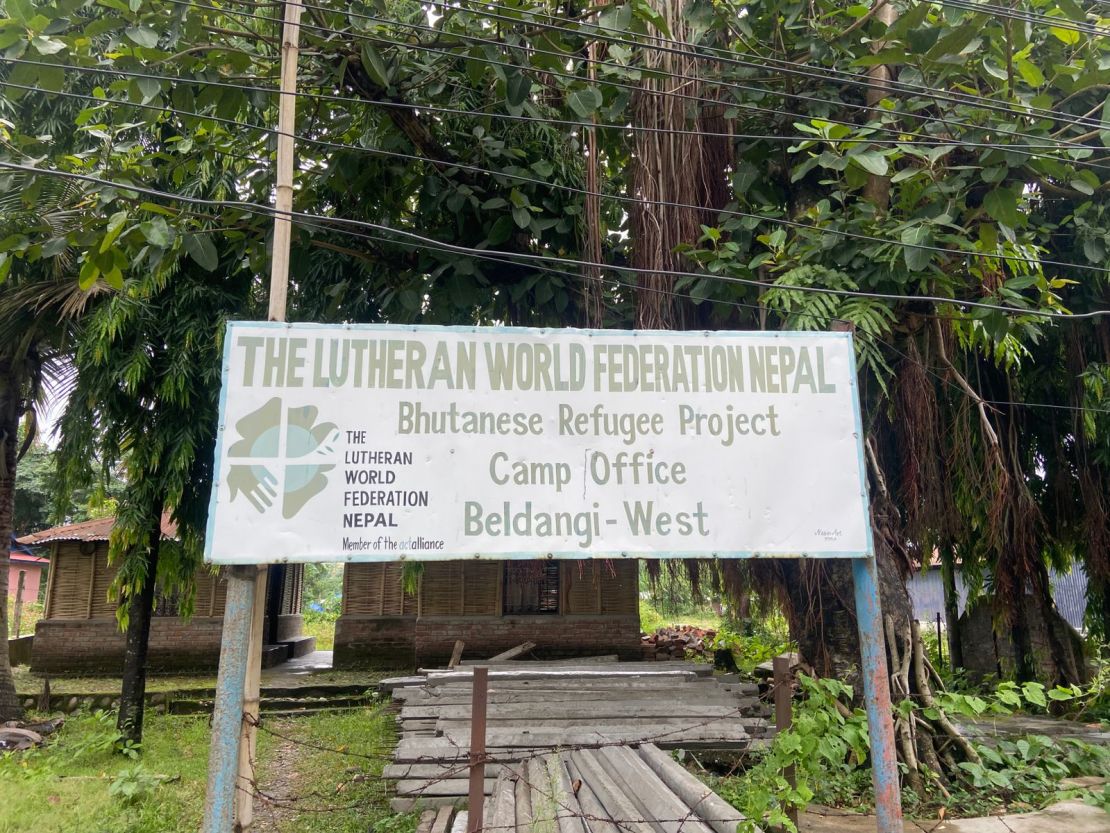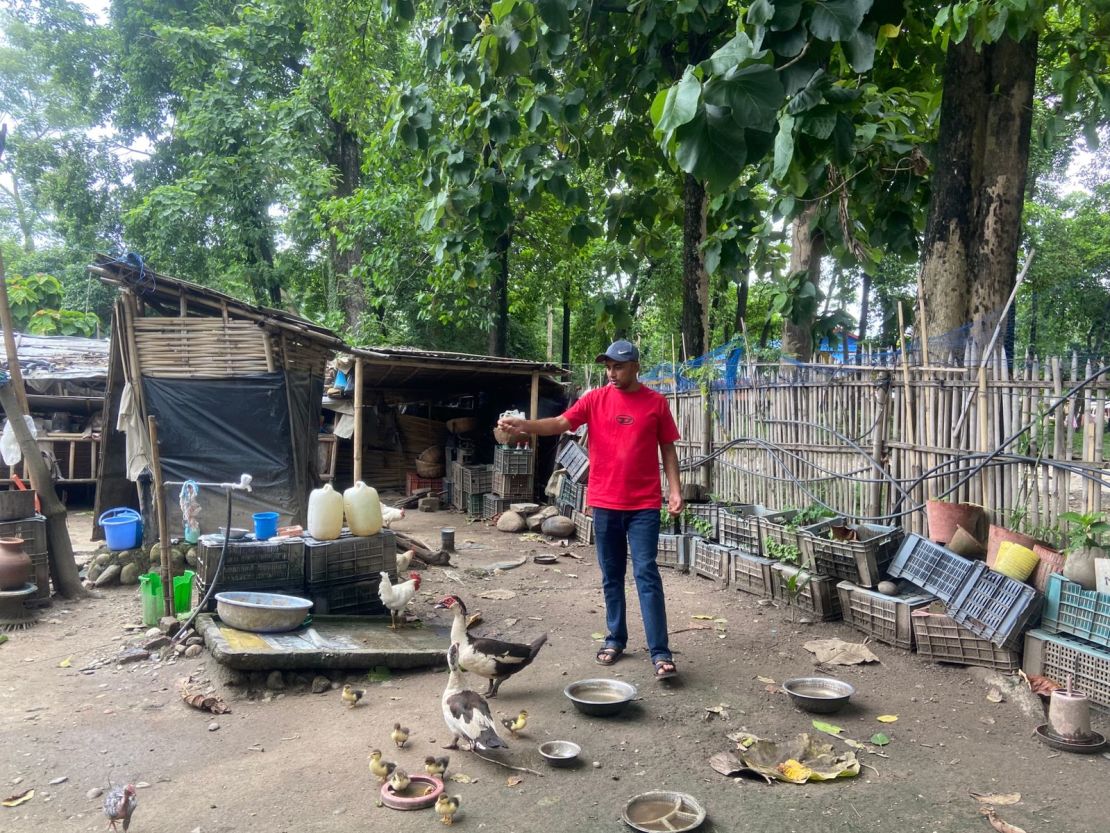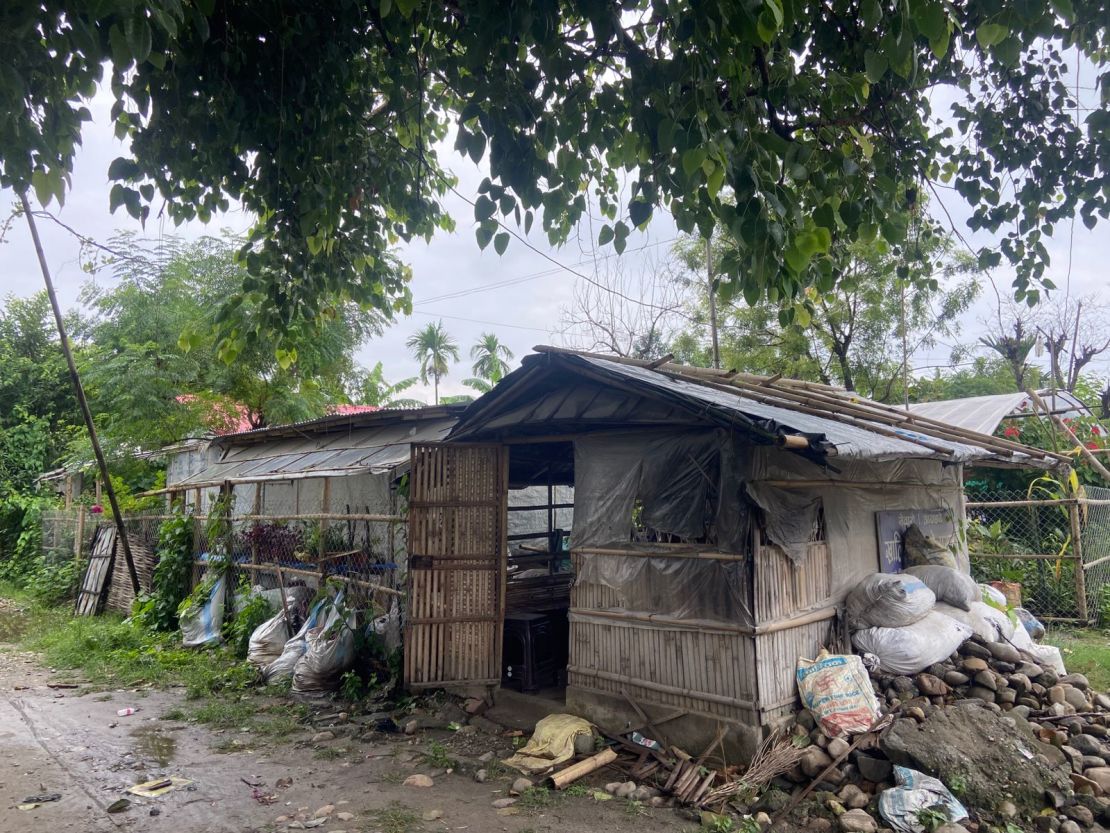Bhutanese Refugees Deported from the US Face Renewed Statelessness

A growing humanitarian crisis is unfolding as Bhutanese refugees, originally resettled in the United States, are now facing deportation and renewed statelessness. These individuals, primarily Lhotshampa people who fled Bhutan in the late 1980s and early 1990s due to ethnic cleansing, are caught in a legal and political limbo between the US, Bhutan, India, and Nepal.
Recent reports indicate a disturbing trend of deportations targeting members of the Nepali-speaking Bhutanese community in the US. With over 30 refugees reportedly in ICE custody as of March 2025, and at least 25 already deported by May 2025, the situation is rapidly escalating. The deportations are occurring under renewed anti-immigration policies, particularly following Donald Trump's re-election as U.S. president, raising serious concerns about the treatment of vulnerable refugee populations.
Key Events Leading to the Current Crisis

The roots of this crisis trace back to the late 1980s and early 1990s when over 100,000 Lhotshampa people were forced to flee Bhutan due to ethnic cleansing and changes in citizenship laws, rendering them stateless. From 2007 to 2016, the U.S., under the auspices of the UNHCR, resettled more than 96,000 of these refugees, offering them a new life after years spent in Nepalese refugee camps.
However, resettlement opportunities began to shrink around 2016. With the implementation of stricter immigration policies in March 2025, the situation took a drastic turn. Nepali-speaking Bhutanese Americans with prior, often minor, legal issues found themselves targeted by ICE, leading to widespread arrests and detentions. Between March 26th and 29th, 2025, at least 12 individuals were deported from the U.S. to Bhutan via India.
A Cycle of Rejection and Detention

The ordeal doesn't end with deportation. Upon arrival in Bhutan, many deportees are rejected and subsequently expelled to India. Unable to gain legal entry into India, they are forced to enter Nepal illegally, where they face detention by Nepalese authorities. This creates a devastating cycle of rejection and detention, effectively rendering them stateless for a second time.
The legal battles continue. On April 24, 2025, Nepal's Supreme Court intervened, ordering the release of four such men to the Beldangi refugee camp following a habeas corpus petition. However, this offers only temporary reprieve, as the long-term status of these individuals remains uncertain.
Stakeholders and Their Roles

Numerous stakeholders are involved in this complex humanitarian crisis.
- Bhutanese Refugees/Lhotshampa Community: The individuals directly impacted by statelessness and deportation.
- United States Government (ICE, Department of State): Responsible for resettlement and subsequent deportations.
- Bhutanese Government: The country of origin that expelled the Lhotshampa in the first place.
- Nepalese Government: Hosts remaining refugee camps and detains deported individuals; faces criticism for considering expulsions.
- Indian Government: Functions as a de facto transit country but does not accept the deportees.
- Human Rights Organizations (e.g., Asian Refugees United, UNHCR, The New Humanitarian): Advocate for the rights of the refugees and condemn the deportations.
- U.S. Lawmakers: Some have spoken out against the deportations.
Violation of International Principles and Humanitarian Concerns

Human rights organizations and legal experts argue that these deportations violate international refugee law by re-rendering individuals stateless. The deportations have been described as a "second exile," reigniting the trauma of forced displacement and severing families. Family separation is a significant consequence, as some members are deported while others, who may be U.S. citizens, remain in the US.
The deportees face a dire situation with no country willing to accept them permanently. Bhutan rejects them, India denies them entry, and Nepal offers only temporary shelter or detention. This lack of a destination has created a humanitarian crisis, with individuals facing detention and precarious living conditions in Nepalese refugee camps.
Statements from Key Figures

The gravity of the situation is underscored by statements from key figures. Senator John Fetterman of Pennsylvania has stated that it is "unacceptable that these Pennsylvanians who fled Bhutan for their lives... are now being deported to the same country that tried to erase them."
Suraj Budathoki of the New Hampshire House of Representatives noted the complex geopolitical bind, stating, "The deported Bhutanese Americans are trapped in a stateless limbo between four countries: the United States, India, Nepal, and Bhutan."
The situation continues to evolve, with advocates and human rights organizations working to address the legal and humanitarian challenges faced by these stateless Himalayan people. Narayan Kumar Subedi's filing of a habeas corpus petition with Nepal's Supreme Court, leading to the release order on April 24, 2025, represents one small victory in an ongoing struggle for recognition and rights.